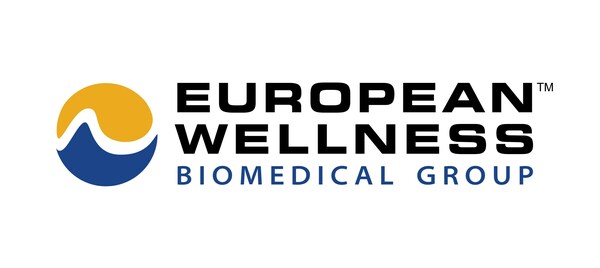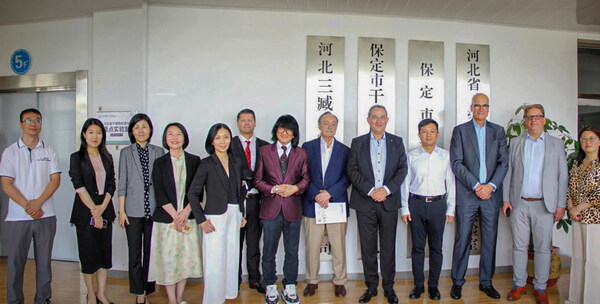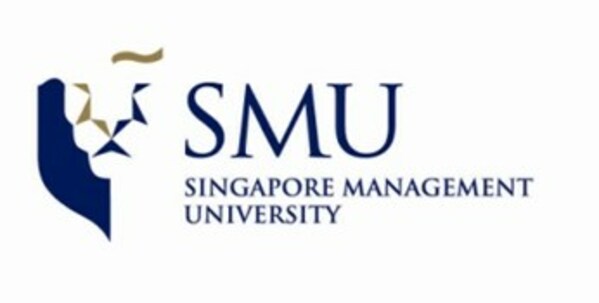 |
BAODING, China, Aug. 12, 2024 /PRNewswire/ -- A landmark German delegation, led by world-renowned stem cell expert Prof. Dato' Sri Dr. Mike Chan, concluded a three-day visit to Baoding, China, marking a significant step in international health cooperation. The visit, from July 11-13, reciprocated an earlier Chinese governmental visit to Germany in June, which focused on collaboration in stem cell research, biotechnology, health, and medical education.

Prof. Dato' Sri Dr Mike Chan stands with delegates from the German Federal Association for Economic Development and Foreign Trade (BWA), City Officials of Baoding, and Sanzang Biotechnology delegates.
Prof. Chan, founder of the European Wellness Biomedical Group (EW Group), stands at the forefront of stem cell research. Under his leadership, the EW Group has become a multi-award-winning organization pioneering precursor stem cell therapeutics, immunomodulation, and biological regenerative medicine internationally.
Prof Chan's appointment as a Senator of the German Federal Association for Economic Development and Foreign Trade (BWA) since 2018, plays a crucial role in fostering economic development and foreign trade relations between Germany and key Asian nations. This government-led appointment underscores his international recognition and influence in the field of stem cell research and regenerative medicine in driving cross-border innovations.
The visit, organized by Michel Schumann, Chairman of the BWA, culminated in the signing of five agreements covering health and educational cooperation, oral medicine, cell therapy technology, medical rehabilitation, and elderly care. Top officials in Baoding, including Municipal Party Committee Secretary Dang Xiaolong, Deputy Secretary and Mayor Yan Jihong, and Meng Qing Yu, vice-president of Hebei University, warmly welcomed the delegates.
During the visit, the German delegation visited schools and a children's hospital. They interacted with students, teachers, and medical staff, promoting careers in biotechnology and medical research. The Chinese officials showed strong interest in Prof. Chan's groundbreaking technology for treating children with special needs, including autism, Down syndrome, cerebral palsy, and global developmental delays.
Prof. Chan's expertise is particularly notable in the field of targeted organ and brain-specific precursor stem cells, having developed over 400 types. Dang Xiaolong emphasized the potential for learning and collaboration between Chinese and German counterparts in this area.
A key symposium facilitated discussions on potential collaborations, with notable participants including Claus Biermann, Director of the Big Health Committee, Sebastian Schutz, General Manager of the German Federal Pharmaceutical Industry Association, and Prof. Ulrich Joos. An MOU on joint stem cell research and education collaboration was signed between the European Wellness Bio Medical Group and San Zang, witnessed by Chinese officials and the German delegation.
With over 50 international patents and authorship of more than 50 books and 100 scientific publications, two of Prof. Chan's notable works include, "Stem Cells in Regenerative Medicine" and "Autism Spectrum Disorder: An Integrative Approach," cement his status as a leading authority in stem cell research and its applications in treating neurodevelopmental disorders.
Currently, Prof. Chan is collaborating with Heidelberg University in Germany on cutting-edge research into neurodevelopmental diseases. This partnership combines his expertise in stem cell therapy with Heidelberg University's renowned medical research facilities, focusing on developing innovative treatments for conditions such as autism, Down syndrome, and cerebral palsy using targeted brain-specific precursor stem cells.
As Germany and China work together to advance medical science and improve healthcare systems, the benefits are expected to impact global health standards and pave the way for further advancements in medical education, stem cell research, and even traditional Chinese medicine.
Dang Xiaolong concluded that the visit culminated in fruitful collaboration between academic and medical institutions, strengthening bonds between both countries and contributing to positive outcomes for both nations. This partnership not only enhances Sino-German relations but also promises significant advancements in treating complex neurological conditions, potentially benefiting patients worldwide.









